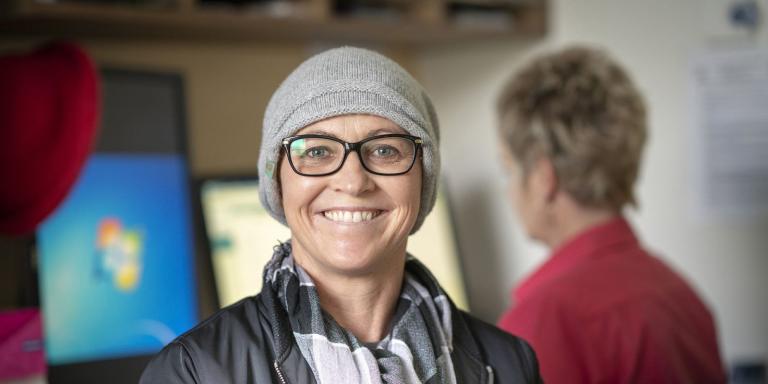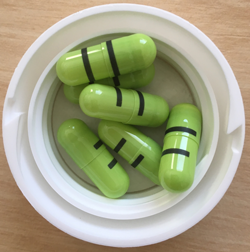
Oral anti-cancer medication
Northern Cancer Service

Many people diagnosed with cancer will take oral anticancer drugs as a part of their cancer treatment. These drugs are the result of extensive cancer research and drug development and can only be prescribed by your specialist cancer doctor. These drugs are different to supportive treatments such as those used for nausea, constipation, diarrhoea or pain.
 Anticancer tablets (or capsules) can be given before or after other cancer treatments such as surgery or radiation therapy or they can be given in combination with radiation therapy or other types of chemotherapy.
Anticancer tablets (or capsules) can be given before or after other cancer treatments such as surgery or radiation therapy or they can be given in combination with radiation therapy or other types of chemotherapy.
Oral anticancer drugs come in a range of different tablet or capsule sizes, colours and shapes.
The drug inside the tablet (or capsule) can be a type of Chemotherapy, Hormone Therapy or a Targeted Therapy, which target a specific molecule in cancer cells.
If you have been prescribed an oral anticancer drug it’s always good to talk to your specialist cancer doctor or the Oncology Pharmacist about how best to take these medications and what side effects and symptoms you should look out for.
When a Pharmacist dispenses your medication there will be written information provided as well as verbal counselling. We encourage patients and their families to use these resources to help with understanding and taking the medication correctly.
People having cancer treatment often receive a lot of new information at once and remembering to take a tablet at home is not always easy. In addition to talking to your specialist cancer doctor and Oncology Pharmacist we also suggest:
- Ensure you have written instructions for when and how to take the medication in writing so that you can refer to them as needed later.
- Using a note or calendar reminder system.
- Using your mobile phone to set reminders or using an app on your phone.
- Keeping a diary of any suspected symptoms and side effects.
- Using medication dosing aides such as a Webster pack or Dosette box.
- Telling any health care professional prescribing medicine for you that you are taking these medications.
- If you experience severe or concerning side effects or symptoms go to your closest emergency department.
Oral anticancer drugs can cause a range of side effects. It’s very important that the prescribing doctor speaks to you about these side effects and helps to put a plan in place to manage any side effects with you. This plan often involves other members of your cancer care team including nurses, pharmacists, social workers and allied health professionals.
In case of emergencies go to your closest emergency department, make sure you or your family tell the emergency department you are having cancer treatment, including the name of the treatment.
